If you’ve ever seen your dog munching on grass and wondered why they do it, you’re not alone. This common behavior can be puzzling, but there are several theories as to why dogs might have a penchant for this green treat. Understanding the reasons behind this behavior can help you ensure your pet stays healthy and happy.
Instinctual Behavior
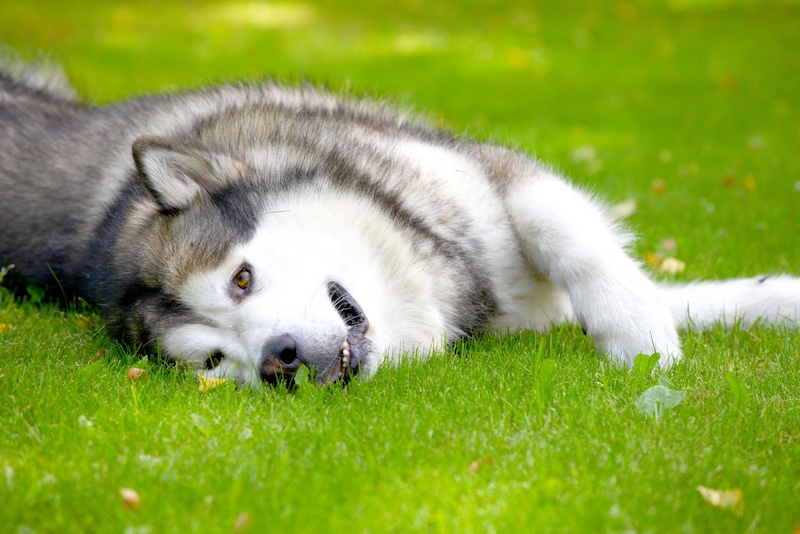
One of the primary theories is that eating grass is an instinctual behavior inherited from wild ancestors. In the wild, canines often consume the entire animal they hunt, including the stomach contents which may contain plant material. This behavior may be a vestige of their evolutionary history, where consuming plants was part of their diet.
Nutritional Needs
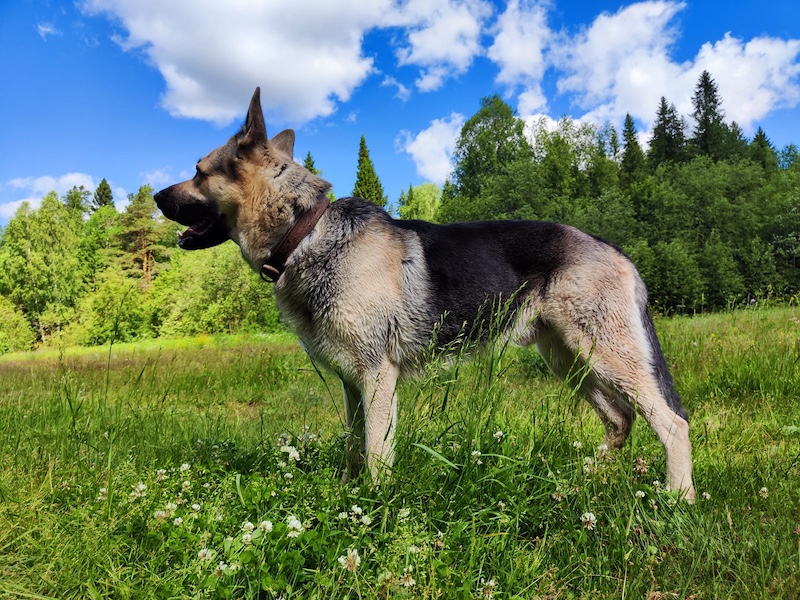
Some experts believe that dogs eat grass to supplement their diet with certain nutrients. Grass contains fiber, which can aid in digestion. Dogs might be seeking additional fiber if their diet lacks sufficient roughage. In some cases, dogs might eat grass as a way to address a nutritional deficiency, though it’s not usually a primary source of essential nutrients.
Digestive Aid
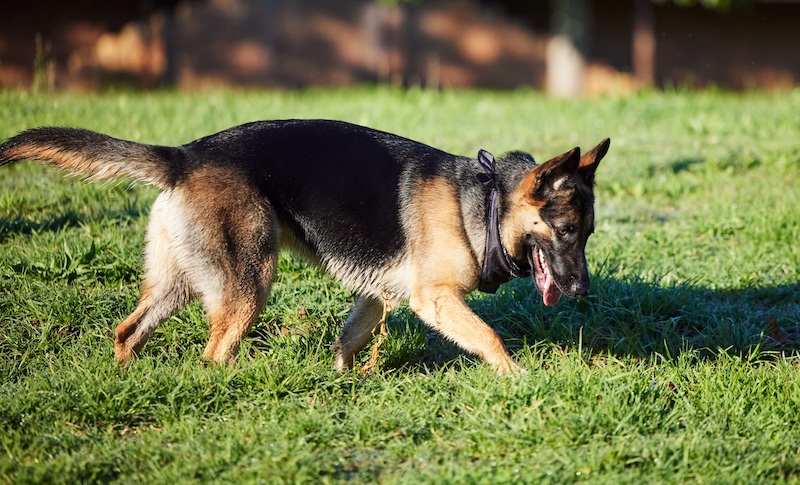
Eating grass may help dogs induce vomiting when they feel unwell or have an upset stomach. The fibrous texture of grass can irritate the stomach lining, leading to vomiting, which might provide relief. If your dog seems to be eating grass more frequently and showing signs of digestive discomfort, a visit to the vet is recommended to rule out any underlying issues.
Boredom or Anxiety
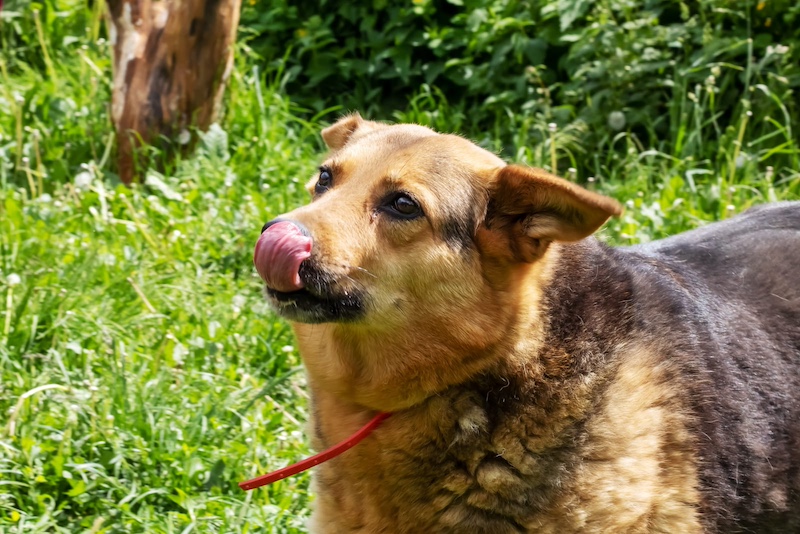
Just like humans might munch on snacks out of boredom or stress, dogs may chew on grass when they’re feeling anxious or bored. If your dog is spending more time outside or seems to be lacking stimulation, grass-eating could be a sign that they need more mental and physical engagement. Providing interactive toys, regular exercise, and more attention can help address boredom and anxiety.
Enjoyment
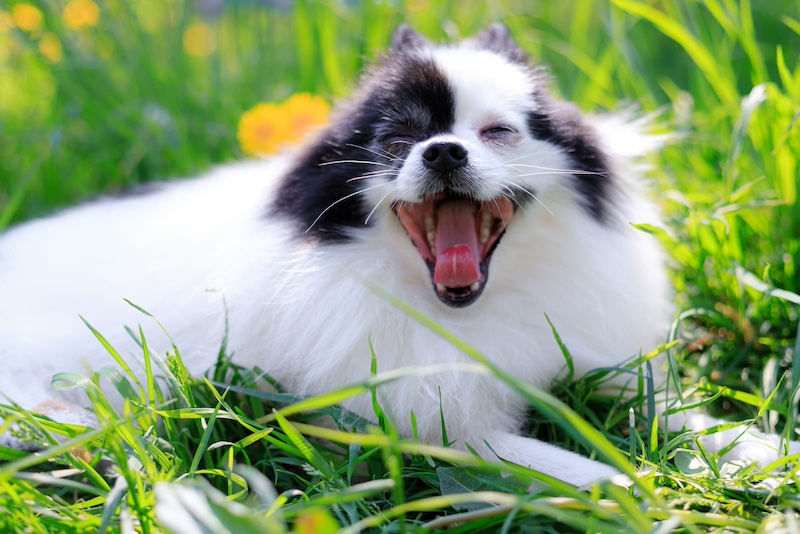
Sometimes, dogs simply enjoy the taste and texture of grass. Just as some people enjoy crunching on vegetables or snacks, your dog might find the sensation of chewing grass pleasurable. If your dog is otherwise healthy and not showing any signs of distress, this could just be a quirky preference.
Healthier Alternatives
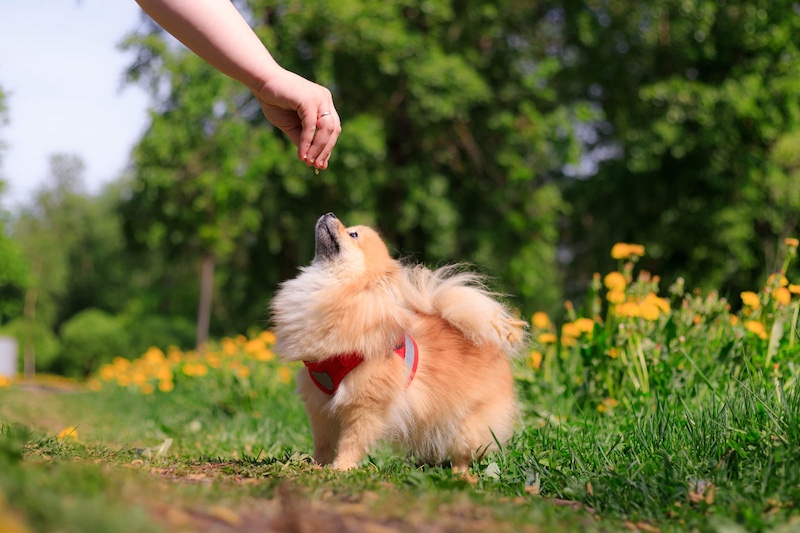
If you’re concerned about your dog eating grass, consider providing them with safe, dog-friendly plants or chew toys. You can also offer treats with added fiber to help meet their dietary needs. Ensure that any plants they have access to are non-toxic, as some common garden plants can be harmful to dogs.
When to Seek Veterinary Advice
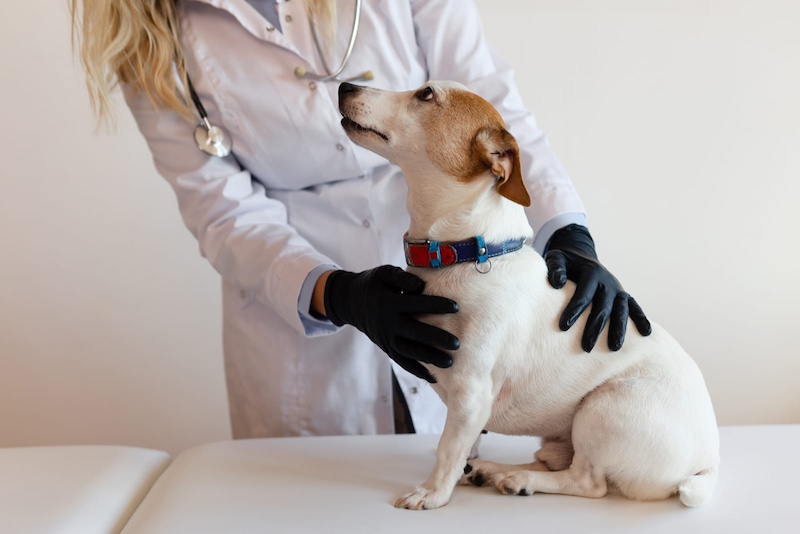
In most cases, occasional grass-eating is not harmful, but if you notice any concerning symptoms, such as persistent vomiting, diarrhea, or signs of distress, consult your veterinarian. These could be indicators of underlying health issues that need professional attention. Please Note: This content was created with the assistance of AI and thoroughly edited by a human before publishing.

